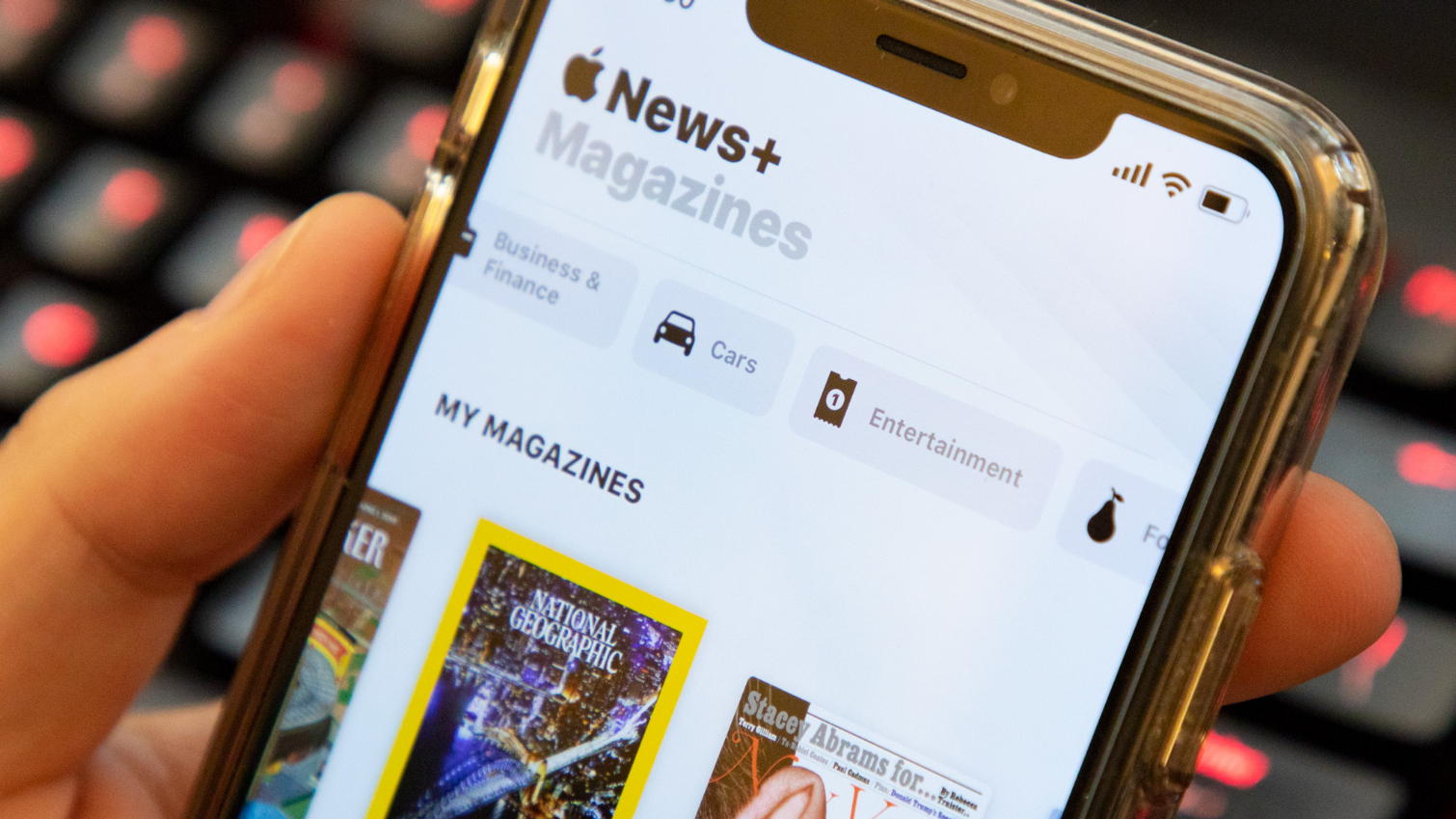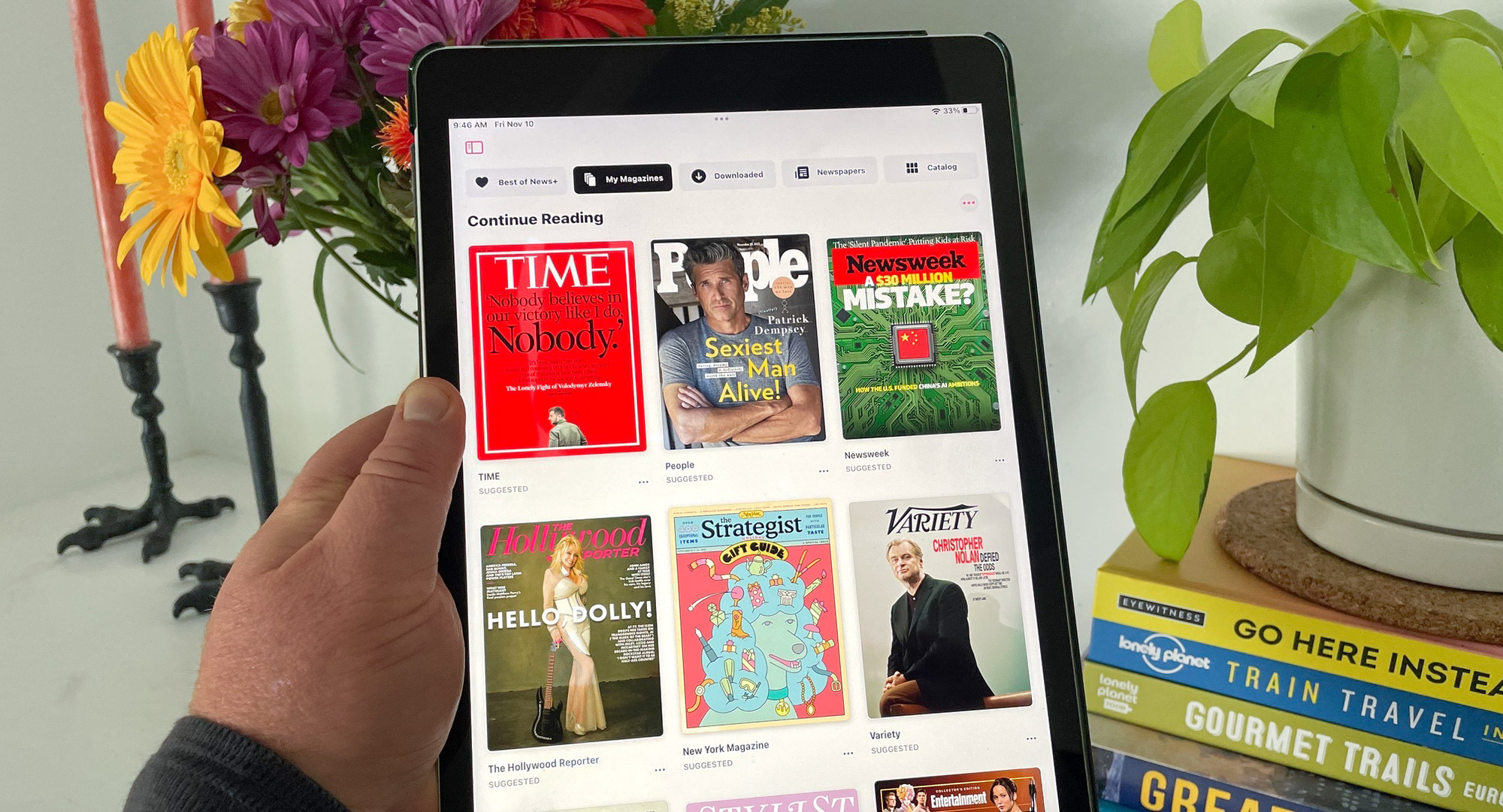AI chatbots are changing how we access paywalled news — here’s how that affects you
You may not be getting the full story

Here at Tom’s Guide our expert editors are committed to bringing you the best news, reviews and guides to help you stay informed and ahead of the curve!
You are now subscribed
Your newsletter sign-up was successful
Want to add more newsletters?
Join the club
Get full access to premium articles, exclusive features and a growing list of member rewards.
If you’ve ever noticed that your chatbot sourced something behind a paywall, chances are the AI pieced together the content from public fragments, not by accessing the article directly.
In other words, the chatbot stitched together summaries, reposts and social media commentary to give the illusion of full access.
Essentially, AI chatbots aren’t hacking websites or stealing summarized PDFs, instead, they do something more subtle and harder to detect.
They pull fragments of articles from social media, scraped archives and reblogs. Then, they reconstruct full summaries from these fragments in natural language.
In some cases, they guess intelligently what the paywalled content probably says based on the article’s headline and past coverage.
In June 2025, Henk van Ess of Digital Digging evaluated how well AI tools could reconstruct articles from top paywalled publications using open-source intelligence techniques. Tests focused on outlets featured in Press Gazette’s “100k Club” paywall index.
The results showed that chatbots like ChatGPT and Perplexity were able to generate accurate summaries of paywalled stories — including those from The Atlantic, The New York Times and Financial Times — in up to half of the tested cases, particularly when the articles had already been discussed or excerpted online.
How users are using AI to get around paywalls

Whether intentional or not, here’s how people are getting premium news and features without paying:
Get instant access to breaking news, the hottest reviews, great deals and helpful tips.
- Asking for a summary of a paywalled article: Users may prompt: "Can you summarize the article ‘The AI We Can’t Stop’ from The Atlantic?”
ChatGPT and Perplexity will often provide a paragraph or two that captures the article’s argument, pulling from previously cached content, citations or indirect commentary. - Using Grok to mine X (formerly Twitter): Grok is especially good at finding reposted screenshots of subscriber-only articles.
The prompt would be something like: “What did people say about the latest NYT op-ed on AI ethics?” - Requesting quotes or main takeaways: The prompt could be:“What are the key points in the Washington Post’s paywalled story about AI bots scraping content?”
This prompts the AI to give a bullet-point breakdown that reads like a Cliff Notes version of the story, often highly accurate. - Reconstructing academic or technical articles: Users ask Claude or Gemini to “recreate the main argument” of a journal article or whitepaper they don’t have access to.
It’s important for readers to know that if the article is behind a hard paywall with no public experts online, the results can be vague or fabricated, causing the chatbot to hallucinate.
It goes without saying, but you're better off paying for what you’re reading if you want to ensure you’re getting accurate information.
The ethical dilemma

Like many AI hacks, this feels like a time-saver — productive, even. However, it’s part of a broader pattern that’s hurting the creators of that content.
Publishers are seeing massive traffic declines as users stop clicking through to original sources. One recent report found that Google AI Overviews slashed referral traffic by as much as 70%. Sometimes, chatbots like ChatGPT and Claude send no referral traffic at all.
Meanwhile, AI bots are aggressively scraping publisher websites even when blocked — TollBit reports 26 million blocked scrapes in March 2025 alone, and Cloudflare saw bot traffic jump from 3% to 13% in a single quarter.
That’s why Cloudflare and others are now fighting back with:
- Default bot blocking on new domains
- “Pay-per-crawl” opt-in models for AI firms
- AI honeypots that lure bots into dead-end decoy pages
What this means for the future

AI isn’t going away and neither are paywalls. What we’re seeing now is the first phase of a bigger battle over how high-quality content is created, accessed and funded.
Some publishers like The Associated Press and Future Publishing (which owns Tom's Guide) have opted to license their content directly to OpenAI. Others, like The New York Times, are suing. Many are still deciding whether to block, monetize or ignore AI entirely.
As a reader who values quality news, if you're using AI chatbots to access paywalled content, you're not alone. However, while these tools can save time and offer convenience, they also risk undermining the work of journalists, researchers and creators whose content fuels the system.
Bottom line
Use AI responsibly; always check for proper attribution and source links when reading AI-generated answers. Most of all, make an effort to support the outlets you rely on.
If you find yourself frequently asking chatbots to summarize content from the same publications, consider subscribing; not just for the access, but to ensure you're getting correct information (not to mention, help sustain the journalism you’re benefiting from).
What are your thoughts on this? Share in the comments and keep the conversation going.
Follow Tom's Guide on Google News to get our up-to-date news, how-tos, and reviews in your feeds. Make sure to click the Follow button.
More from Tom's Guide
- ChatGPT is changing the way we talk, text and write — new study reveals how
- Unless ChatGPT-5 gets these upgrades, I'm sticking with Claude — here's why
- I tried these 5 ChatGPT prompts that can level up your hobbies — here's the results

Amanda Caswell is one of today’s leading voices in AI and technology. A celebrated contributor to various news outlets, her sharp insights and relatable storytelling have earned her a loyal readership. Amanda’s work has been recognized with prestigious honors, including outstanding contribution to media.
Known for her ability to bring clarity to even the most complex topics, Amanda seamlessly blends innovation and creativity, inspiring readers to embrace the power of AI and emerging technologies. As a certified prompt engineer, she continues to push the boundaries of how humans and AI can work together.
Beyond her journalism career, Amanda is a long-distance runner and mom of three. She lives in New Jersey.
You must confirm your public display name before commenting
Please logout and then login again, you will then be prompted to enter your display name.
 Club Benefits
Club Benefits




















